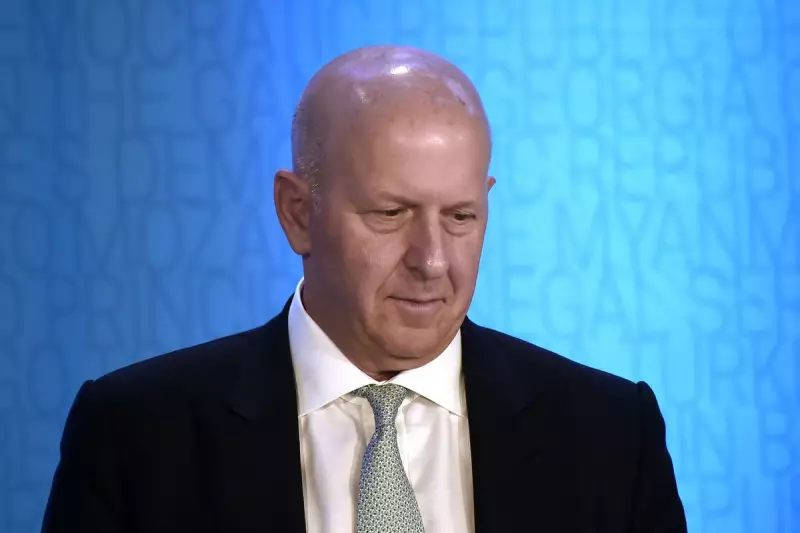
Labour's Controversial Banking Deregulation Proposal
The Labour Party's latest plans to deregulate the banking sector have ignited a fierce debate, with critics drawing parallels to the conditions that led to the 2008 financial crash. The proposals, which aim to reduce regulatory burdens on banks, have raised concerns among economists and financial experts.
Echoes of 2008?
Many are questioning whether Labour has learned the lessons from the last major financial crisis. "Deregulation of this scale could create the same risky environment we saw before 2008," warned one senior banking analyst who preferred to remain anonymous.
Goldman Sachs Under the Spotlight
The plans have put major financial institutions like Goldman Sachs in an awkward position. While they stand to benefit from reduced regulation, they're also wary of public backlash should the proposals lead to economic instability.
Key Concerns About the Proposals
- Potential return to high-risk banking practices
- Weakening of consumer protections
- Increased vulnerability to economic shocks
- Possible repeat of taxpayer-funded bailouts
Political Fallout
The Conservative Party has seized on the controversy, with Chancellor Rishi Sunak calling the plans "dangerously irresponsible". Meanwhile, some within Labour's own ranks are reportedly uneasy about the potential consequences.
What Happens Next?
As the debate intensifies, all eyes are on Labour's next move. Will they modify their proposals in response to the criticism, or push ahead with their deregulation agenda? The coming weeks will be crucial for both the party and the UK's financial future.





